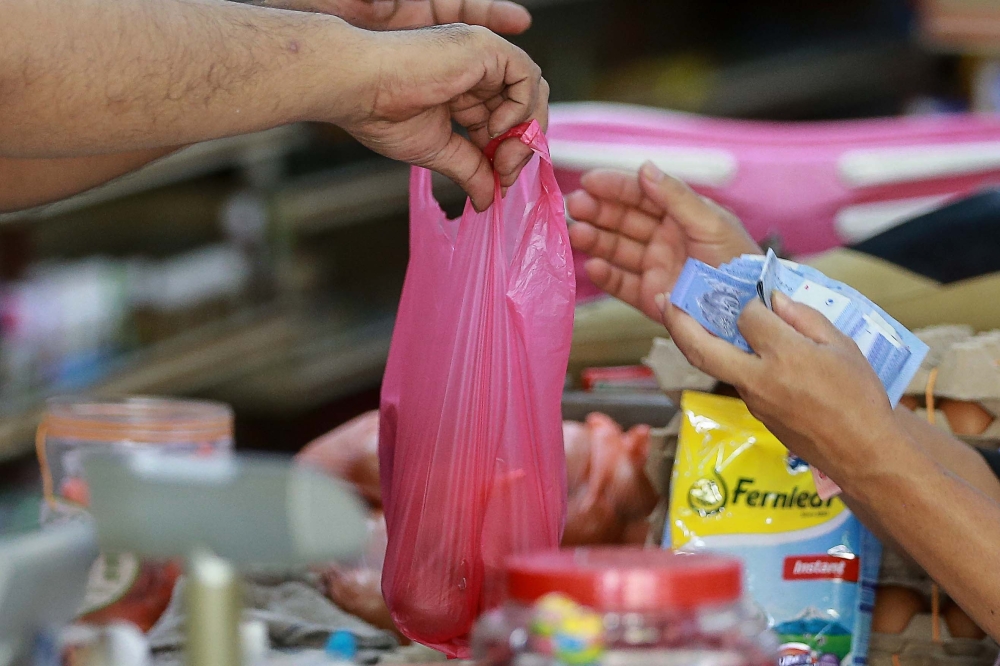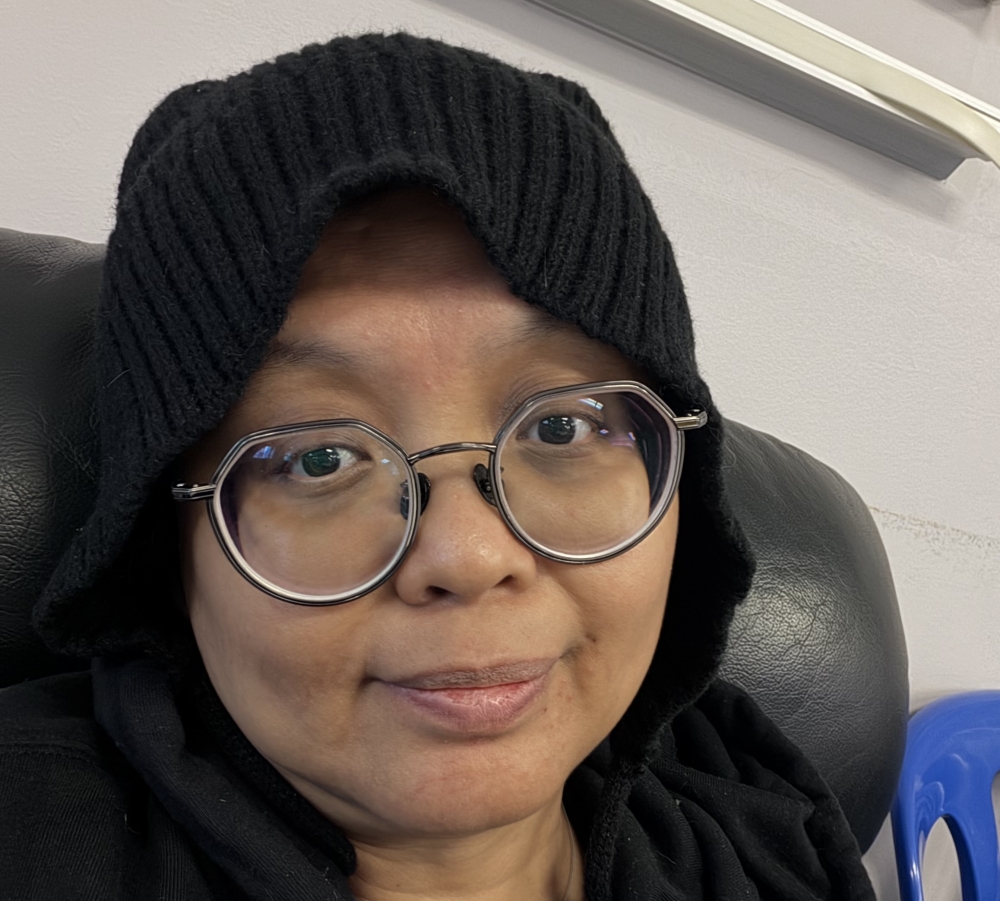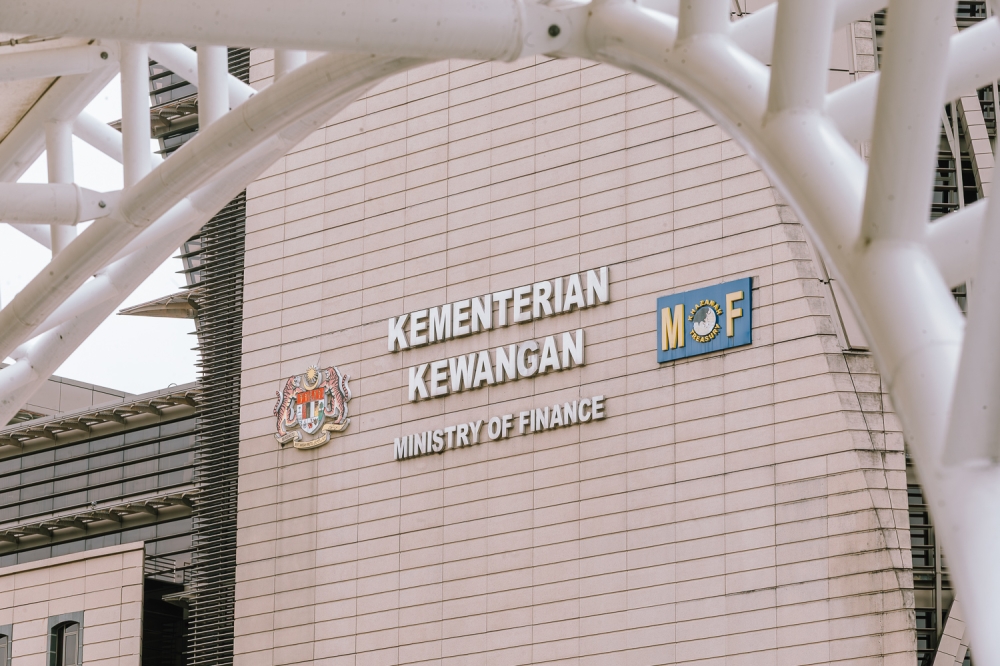JANUARY 20 — “In its broadest conception, a ‘system’ may be described as a complex of interacting components together with the relationships among them that permit the identification of a boundary-maintaining entity or process.” — Laszlo & Krippner, 1998
History, geography and institutions have created a particular system in Malaysia. In my last article, I noted that this system had been found wanting by a majority of Malaysians.
But how do you reform a system — in a democratic, equitable, and peaceful manner?
There are many examples of reforms taking place in Malaysia.
The efforts by Idris Jala (former minister in the Prime Minister’s Department, now CEO of PEMANDU and managing director of Big Fast Results Institute) to implement the Economic Transformation Programme (ETP) and the Government Transformation Programme (GTP) are certainly the most visible.
The quiet effort by YB Senator Datuk Paul Low Seng Kuan who serves as minister in the Prime Minister’s Department in charge of Governance, Integrity and Human Rights to bring greater accountability and transparency to the system is also noteworthy.
The efforts by the Pan-Malaysian Islamic Party (PAS) alone and together with like-minded individuals, organisations and political parties (domestic, regional and international) to make Malaysia a more “Islamic” country is another important reform taking place in Malaysia.
Yet, critics (who happen to be the majority in Malaysia) charge that the above (selected examples of) reforms are done undemocratically; are not equitable; are being done forcefully; and ultimately will lead to social strife.
They also charge that these reforms are being done to favour the interest of a small group of people, and to keep in power this group of people who otherwise would simply not be in power.
A key part of this system is the electoral system — the way in which Malaysians determine who should govern them. It is worth noting that the consensus view is that Malaysia’s electoral system is neither free nor fair. If you are not familiar with the reasons, these two articles here and here provide a summary of the arguments.
You may ask the question, “If it is so blatantly obvious that Malaysia’s electoral system is neither free nor fair, why have Malaysians not reformed it?”
There are many possible reasons for this, but I would like to draw the reader’s attention to an earlier article I wrote. In this view, the human condition is best understood as continuingly “finding the best way/means to survive.”
All humans are trying to survive, and in finding the best way to survive, humans make decisions. The decisions that the majority of Malaysians have made in the past, has made this system now (almost) iron-clad.
Survival (which includes personal safety/security and the ability to continue live “happily”) is not static, but rather it is dynamic.
Naturally as time progresses, the meaning and expectations about survival changes. As example, in the past, there would probably be no need for RM1,200 haircuts, but today a RM1,200 haircut is an absolute must. In the past, a RM55,000 donation could ensure the survival of a political leader and his/her political party; today even with US$6 billion (RM26.7 billion), neither is certain.
More importantly, thinking about a system also changes, as the conditions for “survival” change. Many people and organisations that defended Malaysia’s system in the past are now changing their thinking about the system.
Again, there are many reasons for this, but importantly, their means of and/or level of “survival” has changed, and they need (or pushed) to adapt.
In the final analysis, no system can be iron-clad as long as there is a disgruntled majority.
Those who benefit from this system will fight tooth and nail to defend it (and try to make it iron-clad) — as it is their only means to live the life they have become accustomed to.
Those that are disempowered, disenfranchised, marginalised, and oppressed by the system — how far would you go to remove the shackles?
* This is the personal opinion of the columnist.






















